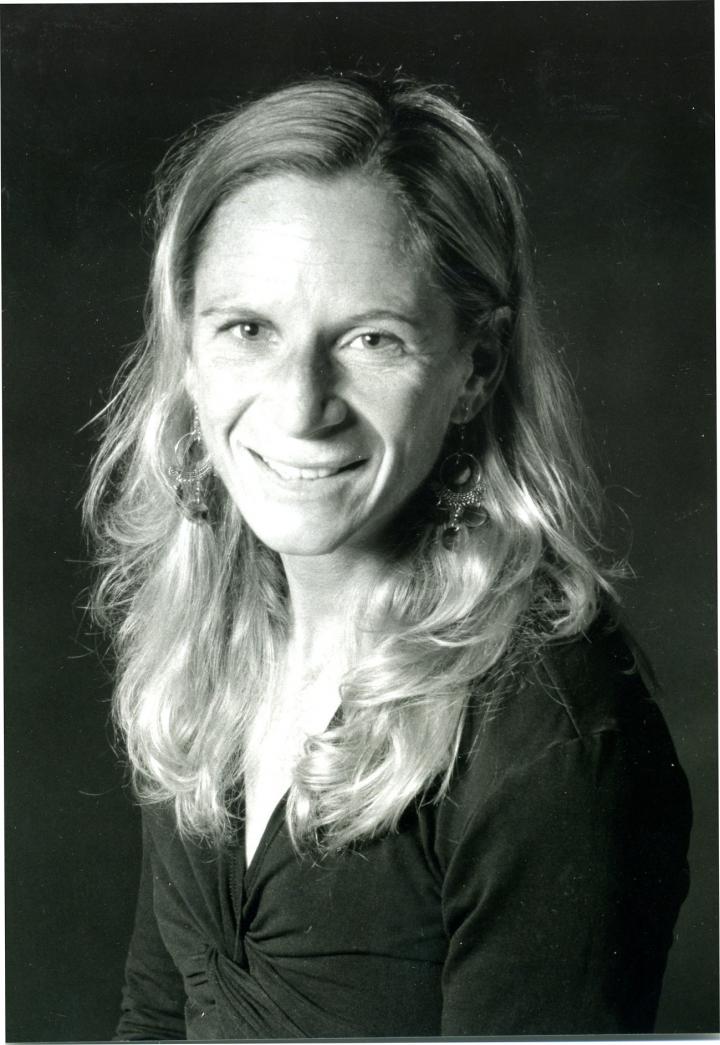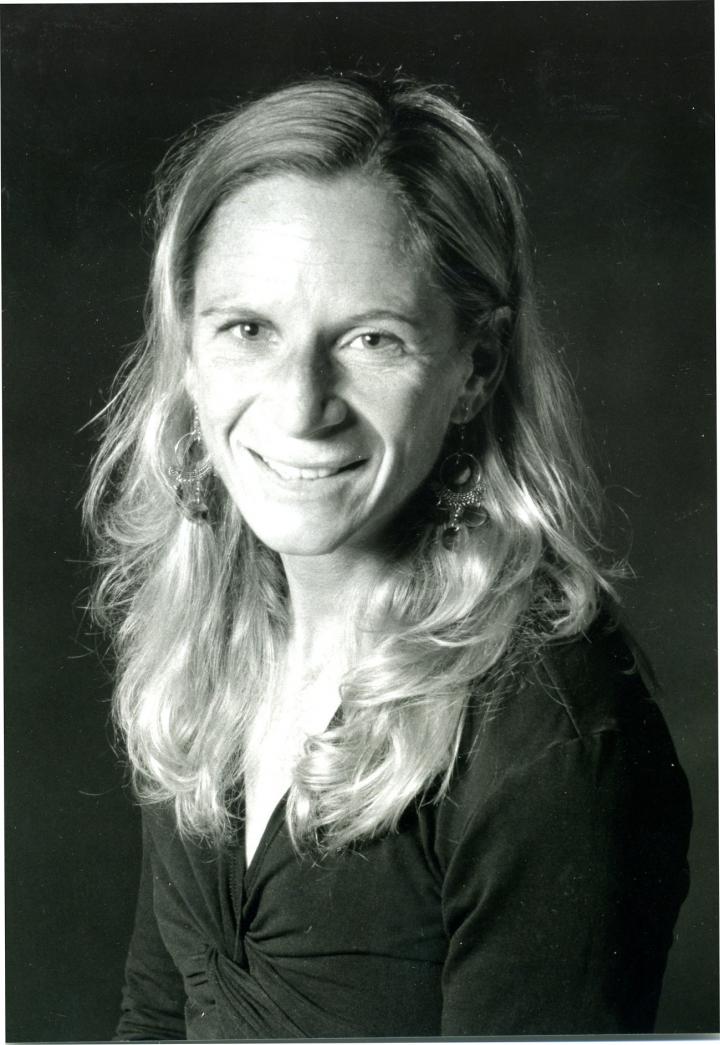
IMAGE: Pam Hinton found that exercise-associated bone loading during adolescence and young adulthood benefited bone density in adulthood.
Credit: MU News Bureau
COLUMBIA, Mo. – Men have many reasons to add high-impact and resistance training to their exercise regimens; these reasons include building muscle and shedding fat. Now a University of Missouri researcher has determined another significant benefit to these activities: building bone mass. The study found that individuals who continuously participated in high-impact activities, such as jogging and tennis, during adolescence and young adulthood, had greater hip and lumbar spine bone mineral density than those who did not.
"While osteoporosis is commonly associated with only post-menopausal women, it is, in fact, a serious issue for men as well," said Pamela Hinton, associate professor in the Department of Nutrition and Exercise Physiology in the MU College of Human Environmental Sciences. "Indeed, research has shown that the consequences of osteoporosis can be much worse for men, as they are less likely to be diagnosed and are at a greater mortality risk from fractures that occur as a result of a fall."
In studying factors that protect against osteoporosis for men, Hinton aimed to understand the connection between bone-loading exercise during adolescence and young adulthood when the skeleton is still growing and bone mass in middle age. In the study, Hinton analyzed data from the physical histories of 203 males aged 30-65 years. Participants' sports and exercise histories varied, both in type and level of activity, and the length of time spent doing various physical activities also differed.
Hinton's research found that exercise-associated bone loading during adolescence and young adulthood benefited bone density in adulthood. Moreover, she found that high-impact activity during growth and adulthood is an important determinant for bone health later in life.
"The most important take-away is that if you are healthy, it is never too late to begin high-impact activities or resistance training to improve bone mineral density," Hinton said. "While activity during skeletal growth is significant, we also saw positive associations between such physical activity and bone density at all ages. So even middle-aged men who spent their teenage years sitting on the couch could see benefits from beginning a bone-strengthening exercise program."
The study, "Physical activity-associated bone loading during adolescence and young adulthood is positively associated with adult bone mineral density in men," was published in the American Journal of Men's Health. The National Institutes of Health, the University of Missouri Research Board, and the Department of Nutrition and Exercise Physiology Summer Research Internship provided funds for the study.
The Department of Nutrition and Exercise Physiology is jointly administered by the College of Agriculture, Food and Natural Resources, the College of Human Environmental Sciences and the School of Medicine.
###
Media Contact
Sheena Rice
[email protected]
573-882-8353
@mizzounews
http://www.missouri.edu





